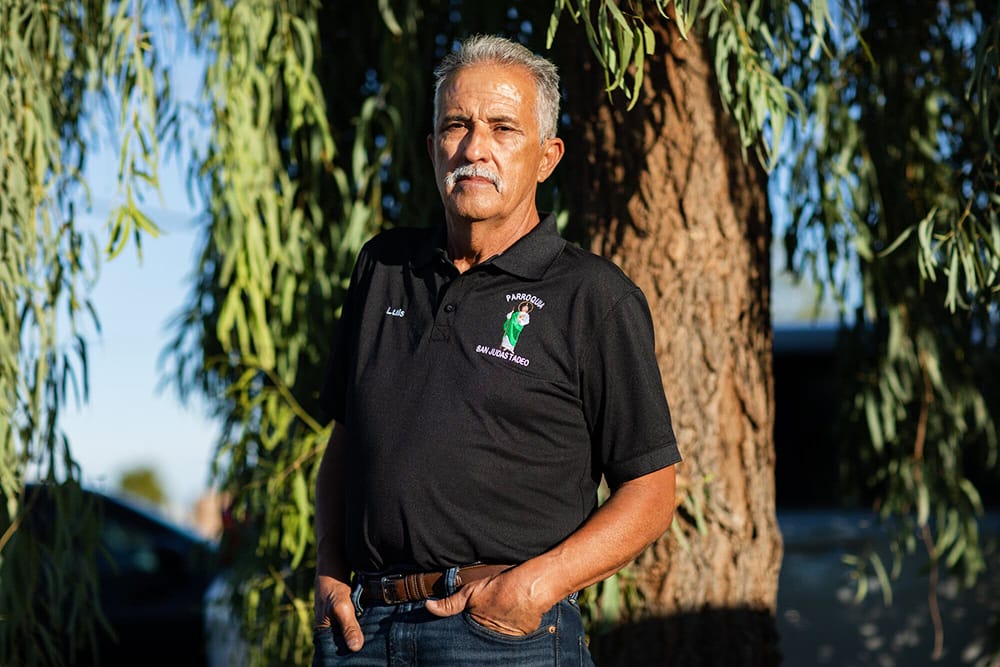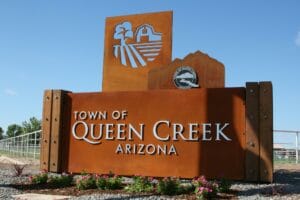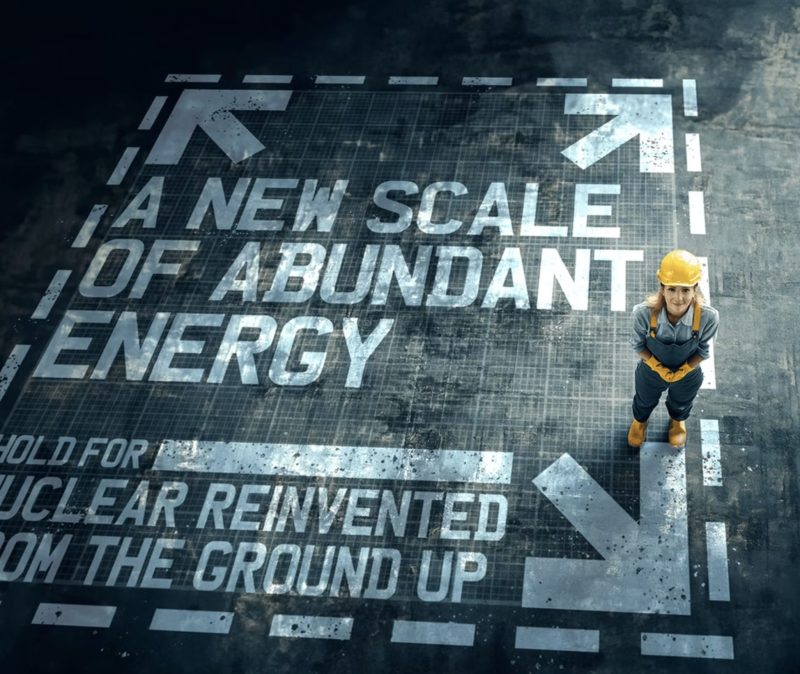“They’re running scared,” Luis Marquez, a retired police officer and school board member, said of voters. “They feel they’re going to get nailed if they do something wrong.” Credit…Caitlin O’Hara for || The New York Times
By Jack Healy and Alexandra Berzon
It was a jumpy, 20-second video clip that touched off a firestorm: During a local primary election two years ago, the former mayor of this farm town of San Luis, Ariz., was filmed handling another voter’s ballot. She appeared to make a few marks, and then sealed it and handed a small stack of ballots to another woman to turn in.
That moment outside a polling place in August 2020 thrust this town along the southern border into the center of stolen-election conspiracy theories, as the unlikely inspiration for the debunked voter fraud film “2,000 Mules.”
Activists peddling misinformation and supported by former President Donald J. Trump descended on San Luis. The Republican attorney general of Arizona opened an investigation into voting, which is still ongoing. The former mayor, Guillermina Fuentes, was sentenced to 30 days in jail and two years probation for ballot abuse — or what the attorney general called “ballot harvesting” — a felony under Arizona law.
Ms. Fuentes is one of four women in San Luis who have now been charged with illegally collecting ballots during the primaries, including the second woman who appears on the video. But there have been no charges of widespread voter fraud in San Luis linked to the presidential election. Liberal voting-rights groups and many San Luis residents say that investigators, prosecutors and election-denying activists have intimidated voters and falsely tied their community to conspiracy theories about rampant, nationwide election fraud. The film “2,000 Mules,” endorsed by Mr. Trump, has helped to keep those claims alive, and is often cited by election-denying candidates
But the episode also unleashed long-simmering and real frustrations in San Luis over political control. Some residents cheered what they call a long-overdue crackdown on local corruption, which they say is a real issue.








